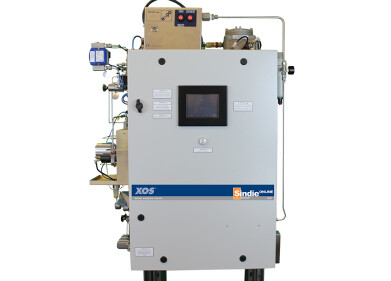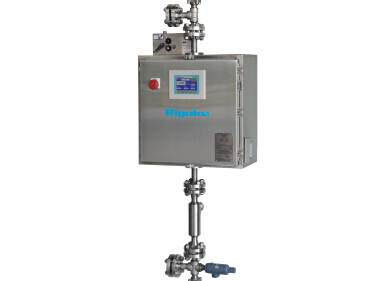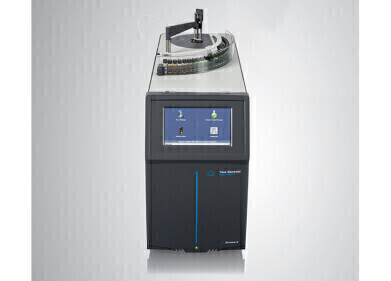Sulphur analysis
Who Is Policing the New IMO Regulations?
Jan 29 2020
On January 2020, the International Maritime Organisation (IMO) introduced strict new regulations designed to slash emissions within the maritime industry. Under the new laws, ships must be powered by fuel with a sulphur content of 0.5% of less, a significant drop from the previously enforced maximum of 3.5%. The alternative is installing devices called scrubbers, which remove toxic pollutants from high sulphur content fuels. Alternative fuels such as LNG and methanol are also accepted under the new IMO laws.
While the IMO has been praised for its efforts to minimise the environmental footprint of the maritime industry, major concerns have been raised over compliance and policing. Guy Platten, Secretary General of the International Chamber of Shipping admits that there will be teething problems as the new regulations sweep the globe.
"I am sure there will be pockets (of non-compliance) initially,” he says. “Without co-ordination and consistency, shipowners will be placed in a no-win situation,” he said.
Monitoring and enforcing a top priority
​In a statement published on the IMO website, the organisation says monitoring and enforcing the new limits is the responsibility of governments who have agreed to the new regulations. So far, this includes more than 90 countries around the world. To help, the IMO has releases clear guidelines and best practice guidance.
Most European countries have committed to full compliance and are using "sniffer" technology to measure sulphur emissions. Port control areas will also be carrying out oil sampling checks to encourage compliance. Vessels that don't meet the new standards will face large fines and, in some cases, imprisonment.
Reducing SOx emissions a matter of life and death
The new regulations are highly anticipated, with a recent study on the human health impacts of sulphur oxide (SOx) emissions from the maritime industry warning that if action wasn't taken, premature deaths caused by air pollution from ships would increase by more than 570,000 between 2020 and 2025.
The maritime industry isn't the only sector under pressure to reduce its environmental footprint, with petrochemical companies also exploring new ways to detect impurities and comply with strict government regulations. Introducing the latest test methods and instruments used to analyse sulphur content in aromatic and naphtha hydrocarbon streams, 'Sulphur analysis in aromatic and Naphtha hydrocarbon stream of petroleum products and crude oil' spotlights techniques such as Wavelength Dispersive X-ray Fluorescence (WDXRF) and Inductively Coupled Plasma Atomic Emission Spectrometry (ICP-AES)
Digital Edition
PIN 26.1 Feb/Mar 2025
March 2025
Analytical Instrumentation - Elemental Analysis for Quality and Process Control at Refineries, for Lubricants and Wear Metals in Engine Oils - Synthetic Lubricants: New Developments - Scaling...
View all digital editions
Events
Apr 08 2025 Birmingham, UK
Apr 08 2025 Kielce, Poland
Apr 08 2025 Ravenna, Italy
Apr 08 2025 Southampton, UK
Apr 08 2025 London, UK



















